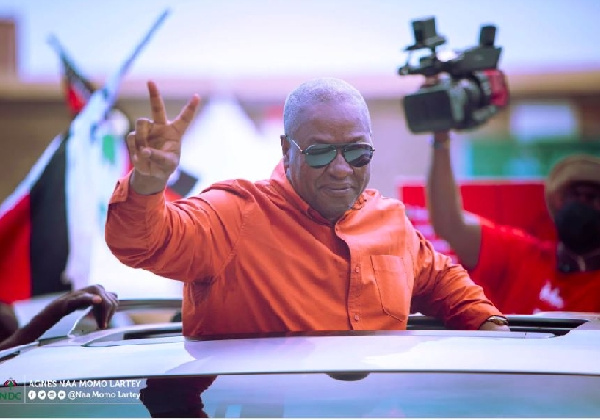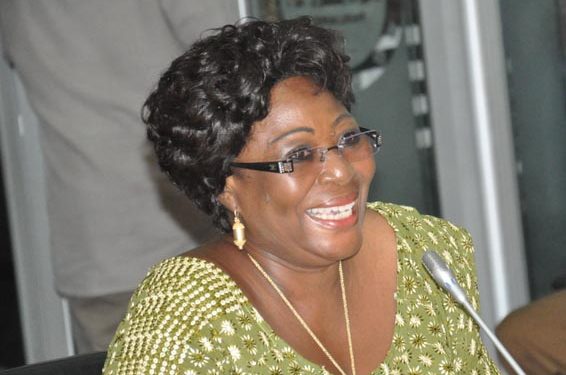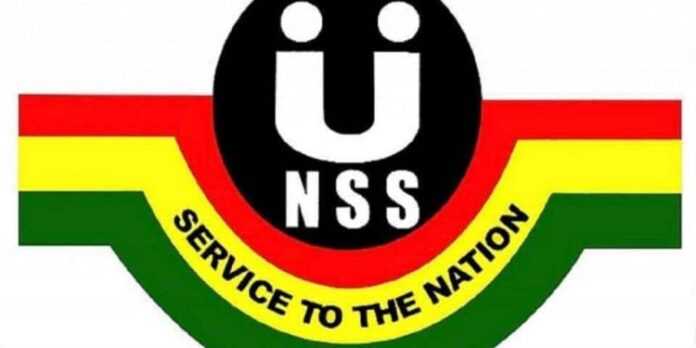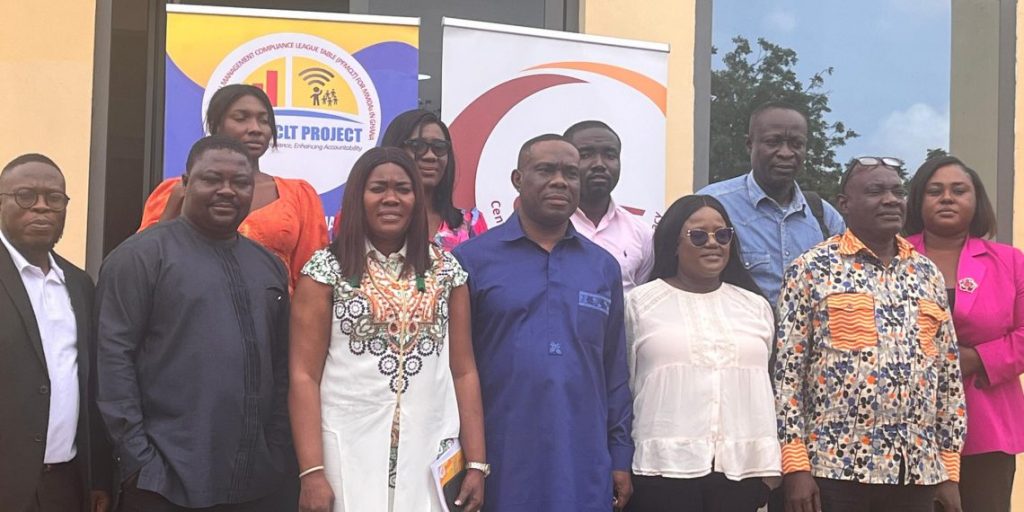
United Nations Audit Advisor, Dr. Eric Oduro Osae, has reiterated the urgent need for citizens to be more actively engaged in monitoring the activities of Metropolitan, Municipal, and District Assemblies (MMDAs) in order to strengthen accountability and reduce financial irregularities at the local governance level.
His call follows the release of the 2024 Public Financial Management Compliance League Table (PFMCLT) by the Centre for Local Governance Advocacy (CLGA). The report painted a concerning picture of the state of financial discipline across Ghana’s 16 regions, revealing that widespread mismanagement continues to undermine local development.
Out of 261 MMDAs nationwide, 258 (representing 99%) were assessed. The findings showed that only 12 Assemblies , 10 Municipal and 2 District managed to meet or exceed the 50% benchmark set for compliance. Although the national average score improved from 22% in 2023 to 33% in 2024, it still fell far short of acceptable standards.
Speaking at a media briefing in Accra on Wednesday, August 27, Dr. Oduro Osae noted that despite government’s increased financial allocations to the Assemblies, the impact on development outcomes remains limited because of weak oversight and poor accountability structures.
“Citizens must know who is responsible at the local level and demand answers from them. Too often, we burden the President with issues that should be addressed by our Assemblies. If we stick to a truly decentralized system, we will see more effective service delivery,” he stated.
He further pressed for the urgent passage of the Internal Audit Service Bill, arguing that the legislation would make internal auditors independent of District Chief Executives and other local heads, thereby enhancing accountability and curbing corruption.
Dr. Oduro Osae also pointed to the ongoing Public Accounts Committee (PAC) hearings on the 2024 Auditor-General’s Report as evidence of entrenched weaknesses in Ghana’s public financial system.
“Currently, our fight against corruption is reactive we only act after the Auditor-General’s report is published, by which time the money has been stolen and those responsible are often retired or out of reach. Passing the bill will allow us to use preventive measures to stop losses before they occur,” he emphasized.
Meanwhile, Professor Goski Alabi of the University of Professional Studies, Accra (UPSA), also weighed in on the broader debate over the election of Metropolitan, Municipal, and District Chief Executives (MMDCEs) and Assembly members.
While some fear that such elections could inject excessive partisan politics into local governance, Prof. Alabi stressed that the core issue is building robust accountability frameworks.
“We must be careful to prevent the ‘moneycracy’ we already see at the national level from filtering down to the local level. If that happens, it will be extremely difficult to reverse,” she warned.
Governance experts note that the findings of the CLGA’s 2024 compliance table once again highlight the fragility of Ghana’s decentralization process.
Without stronger oversight mechanisms, a functioning audit framework and active citizen participation, many Assemblies risk failing in their mandate to deliver essential services such as education, health, sanitation, and infrastructure development.
























































![[FREE FREE MONEY] Predict and Win a Guaranteed GH¢200 From Us EVERY WEEK](https://wordpress.ghanatalksradio.com/wp-content/uploads/2022/02/Predict-and-Win-Final-09-03-2021-218x150.jpg)
![[Predict & Win – 8th/Oct.] WIN A Guaranteed ¢200 From Us This Week](https://wordpress.ghanatalksradio.com/wp-content/uploads/2021/10/maxresdefault-16-218x150.jpg)
![[Predict & Win – 2nd] WIN A Guaranteed ¢200 From Us This Week](https://wordpress.ghanatalksradio.com/wp-content/uploads/2021/09/maxresdefault-50-218x150.jpg)
![[Predict & Win – 25th] WIN A Guaranteed ¢200 From Us This Week](https://wordpress.ghanatalksradio.com/wp-content/uploads/2021/09/maxresdefault-36-218x150.jpg)
![[Predict & Win – 18th] WIN A Guaranteed ¢200 From Us This Week](https://wordpress.ghanatalksradio.com/wp-content/uploads/2021/09/maxresdefault-23-218x150.jpg)
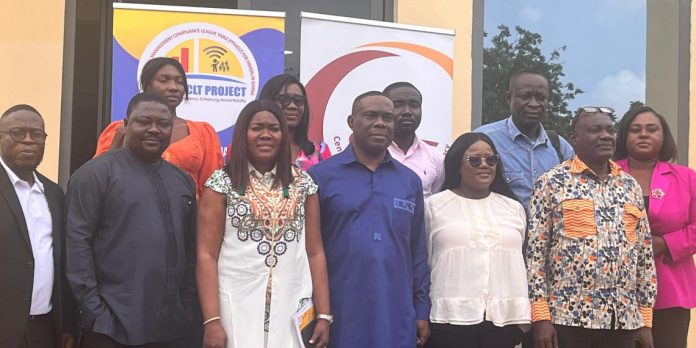










![[National cathedral] See full list of churches that have contributed since 2018](https://wordpress.ghanatalksradio.com/wp-content/uploads/2020/09/Ghana-National-Cathedral-GhanaTalksRadio-100x70.jpg)
